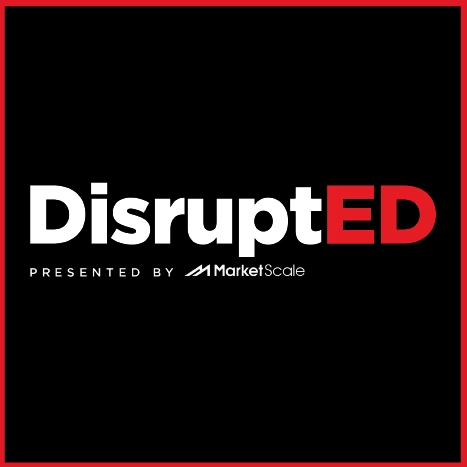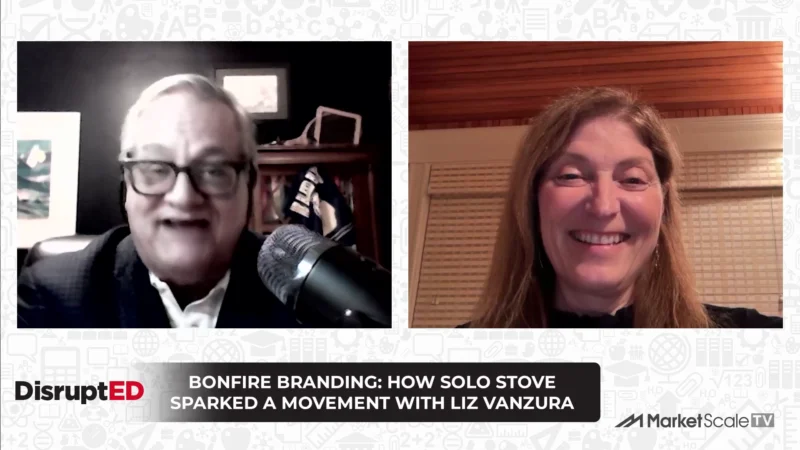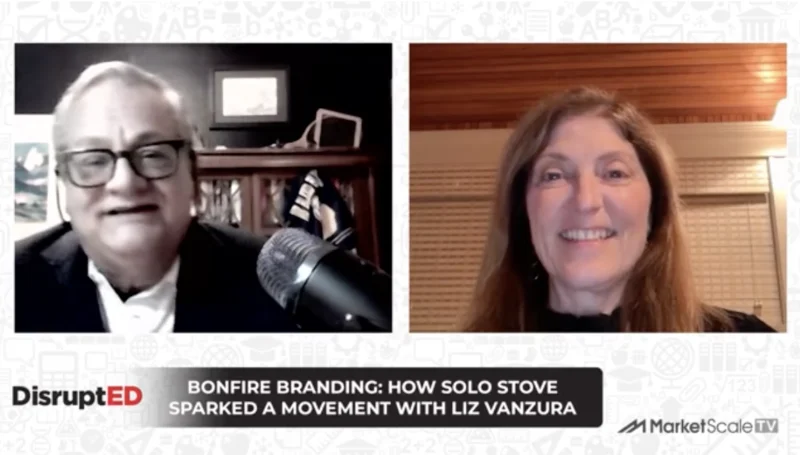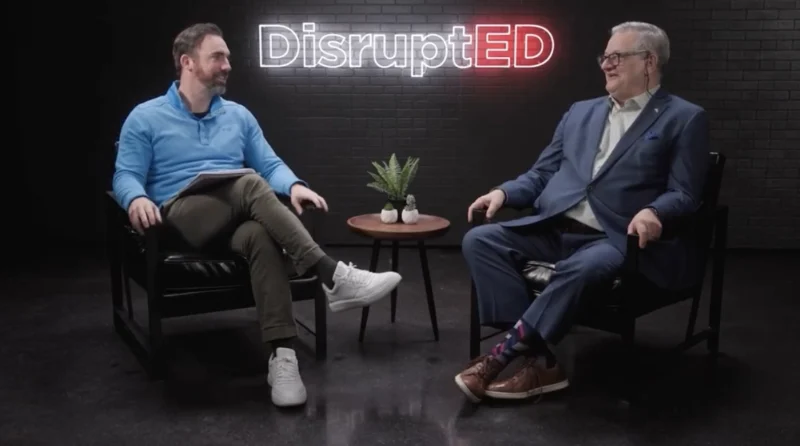Detroit’s Workforce Transformation Runs on Innovation, Inclusion, and Opportunity
Detroit is rewriting the rules of workforce development by betting on technology, community, and second chances. Far from a top-down solution, this workforce transformation is driven by grassroots innovation and partnerships that reflect the city’s resilience. As employers call for job-ready talent and traditional education pathways fall short, leaders in Detroit are asking: What if we reimagined education and workforce development as a fully integrated, flexible, and deeply local system?
Can a city build a future-ready workforce by meeting people where they are and by redefining what learning, support, and access look like?
Dana Williams, the President and CEO at Detroit Employment Solutions Corporation, Tiffany Graydon, the Director of Workforce Development and Education at Focus: HOPE, and Sandy Mead, the VP of Workforce Development at Skilltrade, join our host, Ron Stefanski, on this episode of DisruptED. Together, they explore Detroit’s radically collaborative approach to preparing residents for jobs in healthcare, skilled trades, and beyond, through hybrid training, social services, and systems built to include those often left behind.
Key Highlights from the Episode:
-
Training meets real life: Skilltrade’s hybrid model blends online learning with weekend clinical labs, letting Detroiters learn around work, family, and life, providing a blueprint for inclusive workforce transformation.
-
From rebellion to resilience: Focus: HOPE, born out of the 1967 uprising, has evolved from food distribution into a major force in workforce training.
-
Beyond jobs—toward justice: DESC’s Project Clean Slate clears criminal records, removing barriers and opening doors to meaningful employment.
Dana L. Williams is a seasoned workforce development and human resources leader with expertise in strategic planning, employer engagement, and community relations. She currently serves as President and CEO of Detroit Employment Solutions Corporation, where she leads citywide workforce initiatives focused on innovation, equity, and economic growth. Her career spans leadership roles in HR, public affairs, and corporate philanthropy, with a consistent focus on building partnerships that align business goals with community impact.
Tiffany Graydon is an education and workforce development leader with deep expertise in program design, fiscal management, and strategic policy implementation. As Director at Focus: HOPE, she oversees operations that align workforce training with industry needs, while fostering cross-sector collaboration. Her career spans more than 15 years in advancing educational equity and technology integration to build sustainable career pathways in underserved communities.
Sandy Mead is a veteran workforce development strategist specializing in aligning healthcare and IT training programs with labor market demand. As Vice President at Skilltrade, she leads national efforts to expand access to hybrid and online certification pathways that connect underserved populations to high-demand careers. Her career includes over 20 years of leadership roles focused on employer engagement, digital learning, and partnerships that enhance workforce readiness across the country.
Article written by MarketScale.




